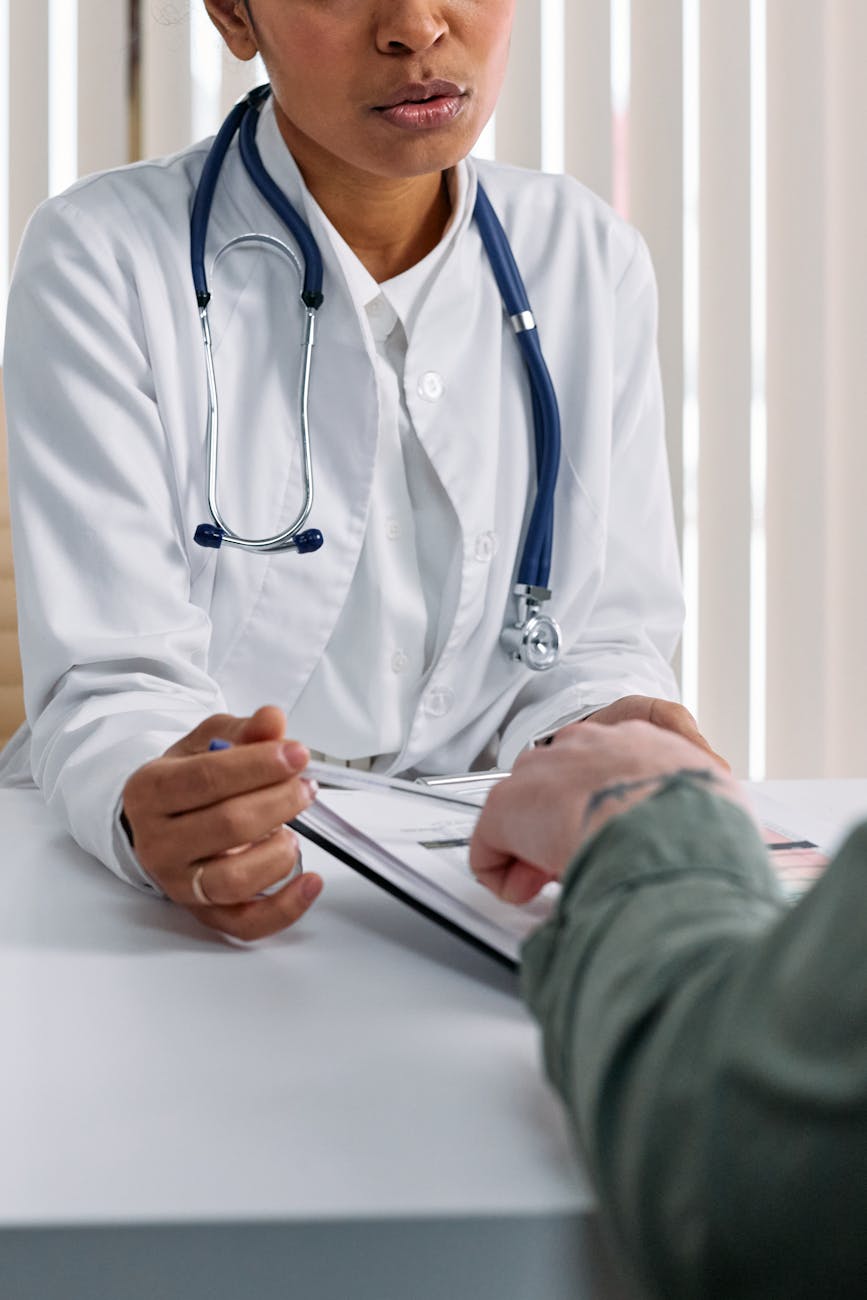How Early Detection Can Improve Cancer Outcomes
Cancer is one of the most complex health challenges of our time, but one of the most powerful tools we have against it is early detection. While treatments have advanced significantly in recent years, catching cancer early often makes the biggest difference in a patient’s prognosis. From increasing the chances of successful treatment to reducing the need for aggressive therapies, early diagnosis can play a critical role in improving outcomes and quality of life.
The Importance of Recognizing Symptoms Early
Many forms of cancer begin silently. Early stages might not cause pain or dramatic symptoms, which can delay diagnosis. However, subtle signs—persistent fatigue, unexplained weight loss, or unusual lumps—can indicate something more serious. Recognizing and acting on these warning signals can lead to earlier testing and diagnosis, which is especially vital in fast-growing cancers.
For example, cancers that develop in the throat may initially present with hoarseness, difficulty swallowing, or a sore throat that doesn’t go away. These symptoms can be mistaken for less serious illnesses, but persistent or unusual changes warrant medical attention. If you suspect you might be experiencing symptoms of cancer in the throat, it’s important to consult a specialist without delay.
Better Prognosis With Early-Stage Diagnosis
Survival rates are significantly higher when cancer is detected early. This is because cancers caught at an early stage are often still localized and haven’t yet spread to lymph nodes or distant organs. At this point, surgery or radiation therapy can often remove or destroy the cancer cells entirely.
For instance, breast cancer that’s detected during stage 1 has a far better outcome than if it’s found at stage 3 or 4. The same goes for skin cancer, colon cancer, and cervical cancer. Regular screenings, such as mammograms, Pap tests, colonoscopies, and skin checks, have played a huge role in catching cancers early, and saving lives.
Reducing the Need for Aggressive Treatments
Later-stage cancers often require more aggressive treatments, including chemotherapy, radiation, and complex surgeries. These approaches, while sometimes necessary, can come with significant side effects and long-term impacts on health and well-being. By contrast, when cancer is found early, treatment plans can be more targeted, shorter in duration, and potentially less invasive.
For patients, this can mean shorter recovery times, fewer complications, and a quicker return to normal life. Additionally, early treatment can help preserve organs and bodily functions, especially in cancers affecting sensitive areas like the throat, brain, or reproductive system.
Lower Healthcare Costs Over Time
Detecting cancer early isn’t just beneficial for health—it can also reduce the overall cost of care. Treating advanced cancer typically involves more hospital visits, extended treatment regimens, and longer recovery periods, all of which drive up expenses. Preventative screenings and early-stage treatments are generally more cost-effective and less burdensome on healthcare systems.
For families, this means less financial stress, fewer disruptions to daily life, and reduced emotional strain. The investment in early detection ultimately pays off in both personal and economic terms.
The Role of Screening and Preventative Care
One of the most impactful strategies for early detection is regular screening. Many types of cancer have specific screening tests that can identify abnormalities before symptoms arise. For example:
- Mammograms for breast cancer
- Pap smears and HPV testing for cervical cancer
- Low-dose CT scans for lung cancer in high-risk individuals
- Colonoscopy for colon and rectal cancers
- PSA blood tests for prostate cancer
In addition to these tests, routine physical exams and open communication with healthcare providers can make a big difference. Encouraging individuals to keep up with annual checkups—even when they feel well—is a crucial step in catching diseases early.
Personalized Risk Assessments Matter
Not everyone faces the same risk of developing cancer. Family history, lifestyle choices, environmental exposures, and even genetics can all play a role. Personalized risk assessments can help identify who should be screened more frequently or at an earlier age.
For example, someone with a family history of colon cancer may need to begin colonoscopies earlier than the general population. Smokers or those exposed to certain chemicals may need regular screenings for cancers of the lungs, throat, or bladder. Understanding personal risk empowers individuals to take proactive steps and work closely with their healthcare providers to monitor their health effectively.
Encouraging a Culture of Awareness
A culture of cancer awareness doesn’t just involve doctors and hospitals—it starts with individuals. Talking openly about cancer, reducing stigma, and sharing stories of survivorship all help to foster environments where people feel empowered to seek care early.
Education is key. Teaching people about the signs and symptoms of common cancers, encouraging questions during doctor visits, and normalizing screenings can all lead to earlier diagnoses. Workplaces, schools, and community organizations can play an important role in spreading awareness and removing barriers to access.
Conclusion
While cancer remains a serious diagnosis, early detection continues to offer one of the strongest defenses against it. The sooner cancer is found, the more options patients have—and the better those options tend to be. By staying informed, paying attention to subtle symptoms, and prioritizing preventative care, we can improve survival rates, reduce suffering, and ultimately save lives.


Leave a Reply
You must be logged in to post a comment.